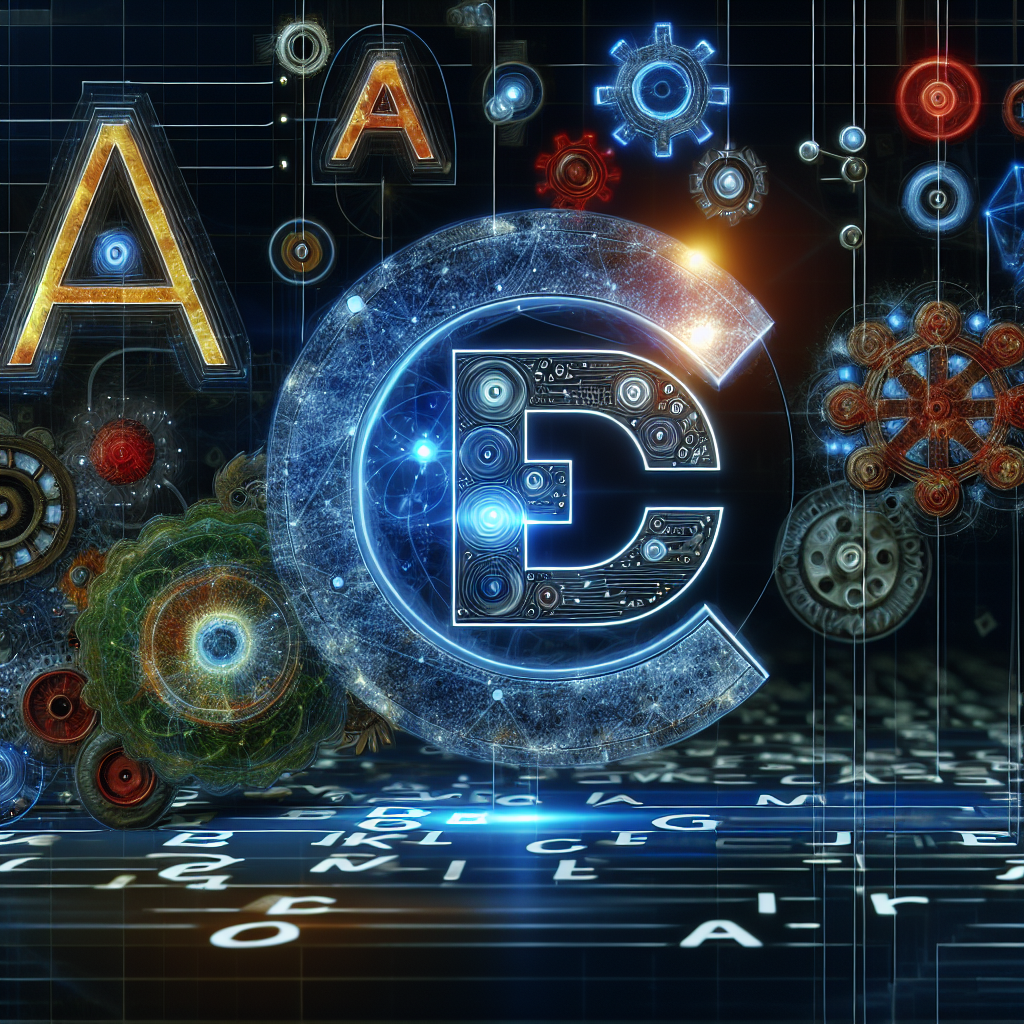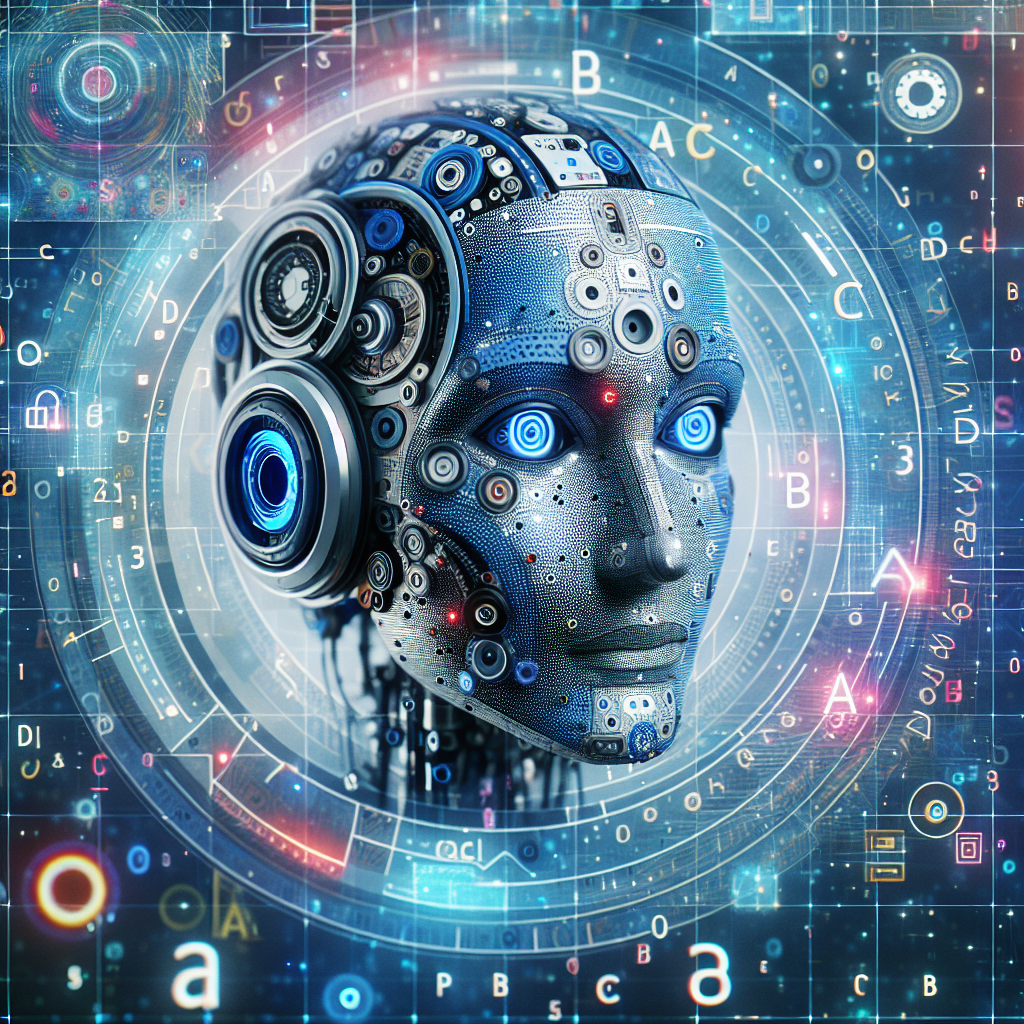Artificial Intelligence: a comprehensive guide, innovations, opportunities and future challenges

What is artificial intelligence?
Artificial Intelligence (AI), also known as digital intelligence or automated analytics, is a branch of information technology that aims to create systems capable of automatically performing tasks traditionally dependent on human abilities. This means that AI enables computers to think, analyze, understand, predict, and even create.
Modern AI covers a very wide range of functionality, from data analysis and prediction to natural language processing, self-learning, decision-making without human intervention, object recognition in images or speech. Such virtual intelligence is not just the stuff of science fiction - today it is transforming our lives, our businesses and even the foundations of society.
A brief history of the digital mind
Ideas about the AI date back to the early 20th century, but the real breakthrough has come in the last few decades, as computing power has increased and large amounts of data have become easily accessible. The first stages were simple algorithms and rule-based systems, followed by neural networks that allowed AI to "learn" from experience and data.
Modern automated analytics is often based on the concepts of deep learning and big data. The pace of progress is such that IoT is already being used in transport, health, science, industry, media, education, energy, even in the arts and creative industries.
How does AI work? Key areas and technologies
Machine learning
Machine learning (ML) is a branch of AI in which machines learn step-by-step how to perform tasks like a human mind: without the constant intervention of a programmer. Instead of writing every rule in a program, the learning system processes huge amounts of data, finds hidden patterns, makes predictions and continuously improves.
Example: e-shops use ML to understand your buying habits and make personalised recommendations.
Deep Learning
Deep learning is based on neural networks, which are structurally similar to the human brain: information is passed between many interconnected layers. Such a system can recognise very complex structures: faces in photos, voices in recordings, emotions in texts.
Examples: cars with autonomous driving systems that can detect driving hazards in real time.
Natural Language Processing (NLP)
This is where AI tools understand, interpret, process and generate natural human language. This has given rise to intelligent assistants, automated translation, text analysis and chat systems.
Example: the ChatGPT, which can write, summarise, translate and create dialogues.
Computer vision
This artificial intelligence The technology allows computers to "see" - to analyse photos, videos, recognise objects or even human emotions. Computer vision is already used in medicine, industry, security and even social networks.
From everyday life to global challenges, the potential of artificial intelligence
Everyday life
- Voice assistants (Google Assistant, Siri)
- Photo sorting, recognition (Google Photos face, object recognition)
- Personalised content streams on social networks
- Filtering emails or spam
Business and industry
- Optimisation of production processes, quality control
- Real-time warehousing, supply chain management
- Marketing decision-making, consumer analysis
Health protection
- Analysis of medical records, rapid diagnosis
- Recognising signs of oncological or rare diseases
- Personalised treatment plans
Education
- Adaptive learning systems that adapt to individual needs
- Automatic checking of tests, homework
- Skills development through personalised learning platforms
Finance
- Fraud detection in transactions, rapid risk assessment
- Forecasting investment trends
- Customer flow management (e.g. automation of banking services)
Energy and environment
- Energy flow forecasting, efficiency
- Climate change analysis, environmental solutions
- Renewable energy management
Security and defence
- Monitoring and analysis systems
- Fraud prevention, information security
- Threat prediction platforms
Some exceptional facts and innovations
- Automated chatbots already serve millions of customers at the same time, ensuring fast responses, reducing business costs.
- DI creates artworks, plays music or even generates a unique painting that is hardly distinguishable from human labour.
- Transport: Today's self-driving cars use digital intelligence not only to drive on the streets, but also to plan routes in cities, prevent traffic accidents, and reduce journey times.
- Analytics systems help science: Data analysis speeds up drug discovery and allows remote space missions to operate autonomously.
Responsible use and ethics
Progressive solutions inevitably come with challenges:
- Privacy: How to avoid misuse of sensitive data?
- Bias: Will automated analytics provide the right solutions across socio-economic groups?
- Labour market: How to prepare for the change of specialities when IoT takes over physical and intellectual functions?
- Responsibilities: Who is responsible for the consequences of AI solutions - the developer, the user or the system itself?
The contribution of artificial intelligence to global challenges
Nuclear fusion
Scientists in nuclear power are already using AI to control and optimise fusion reactions, predict system behaviour, monitor the safety of reactors, and develop new ultra-resistant materials. This is a potentially bright path to a clean energy world free of litter and pollution.
Combating climate change
Virtual models not only allow accurate forecasting of global weather patterns, but also help shape efficient renewable energy development, optimise energy consumption and analyse the state of forests or fire risks. At the same time, they help to develop sustainable measures and strategies on a global scale.
Impact on the labour market: will everyone be out of work?
Automated systems fundamentally changing professions. It's true: some monotonous or low-skilled jobs may disappear. But at the same time, new opportunities are emerging:
- The need for professionals to develop, maintain and analyse the AI is constantly growing.
- Data analytics, digital marketing, cybersecurity, data management and other professions are growing in popularity.
- Continuous development of programming, critical thinking and problem-solving skills is the basis for a successful career.
A successful adaptation strategy is based on continuous learning, flexibility and knowledge of new disciplines.
Famous AI platforms: ChatGPT in practice
One of the most popular examples of AI is ChatGPT (OpenAI). It is an advanced, natural language model that not only solves everyday problems, but also helps you write, design, search, program or even automate conversations on facebook and instagram.
Top tips for using ChatGPT:
- Formulate clear, specific questions.
- Use the follow-up opportunity to go deeper into the topic by asking simple and follow-up questions.
- Critically evaluate information - while AI is advanced, human expert advice will remain indispensable for decisions requiring high precision.

ChatGPT's versatility - from content and marketing development to scientific analytics or programming support - makes it a daily work assistant.
Artificial intelligence in society and future prospects
Science and innovation
From genetics, to the development of new medicines, to the study of astronomical data, AI makes it possible to analyse vast amounts of information faster, more accurately and more efficiently than ever before. This accelerates discovery and enables humanity to respond more quickly to new health, environmental or social challenges.
Education and learning
Adaptive systems help to ensure individual progress for each student, reveal difficulties, and allow teachers to focus on creativity, critical thinking and teamwork. The future lies not in knowing the facts, but in being able to use the latest technologies inventively.
Consumer safety and data protection
Digital intelligence makes our lives easier, but it also raises questions about the protection, security and ethical use of private data. Therefore, a deliberate, thoughtful approach and strong regulation are important.
Summary
Artificial intelligence - This is not only a technological advance, but also a huge change in our society. It is a tool that can solve humanity's biggest problems, but requires careful maintenance, responsible deployment and ethical use.
Machine intelligence will undoubtedly play an increasingly important role in the future. It is worth investing in, understanding and using as a strategic enabler. The more the community, researchers, governments and society as a whole join forces to deliver sustainable solutions through the deployment of AI, the brighter the future will be for us all.